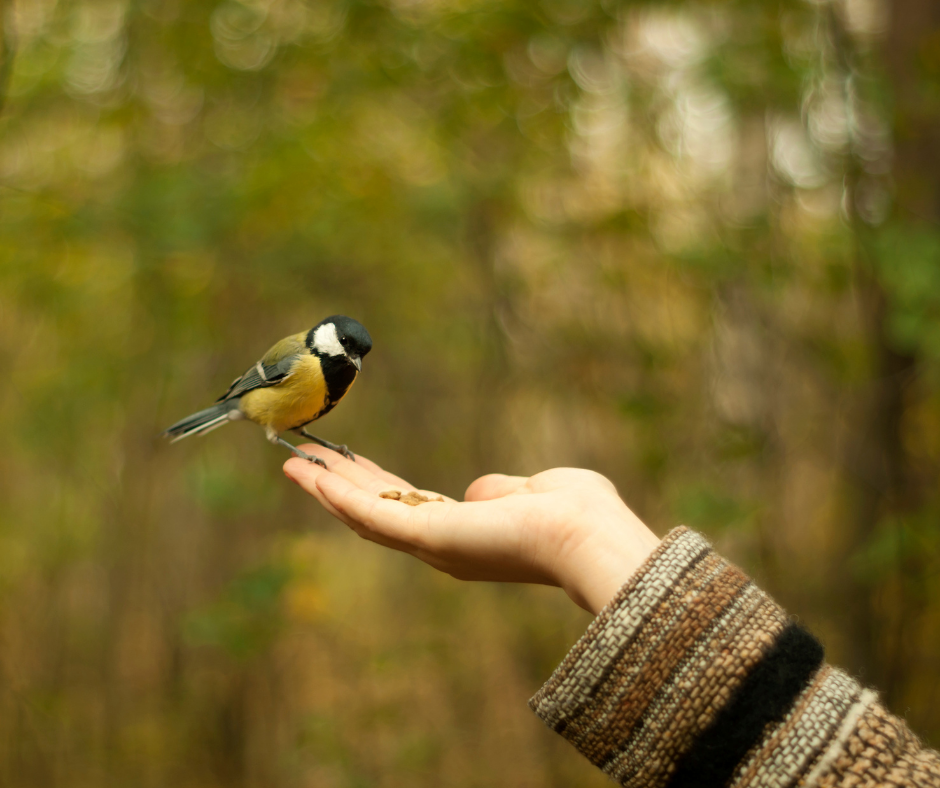What loneliness is more lonely than distrust?
—George Eliot, Middlemarch
The Current Moment and Distrust
What can Eliot and Chekhov contribute to our own understanding of the current moment? We are living at a time where, according to Pew Research Center, three quarters of adults between the ages of 18-29 do not trust other people, thinking that they “just look out for themselves most of the time.”[2] That same lack of trust extends to institutions as only 34% of those under 30 record a “great deal/fair amount of trust” in elected or business leaders (though they do trust scientists more than other generational cohorts).
According to Eliot and Chekhov, these statistics paint a picture of a lonely and frustrated moment. The pandemic has already produced isolation; losing confidence in our institutions and in other people may be reinforcing that sense of loneliness. This idea is further explored in a potent article by Berkeley’s Greater Good Science Center.[3] Citing a survey from the American Psychological Association saying that over two thirds of American adults are feeling significant stress related to the presidential election, the article shares ways to cope. Among different stressors discussed is the consumption of negative news which actually “creates distrust.”[4]
Building and Sustaining Trust
What do we do to combat this growing distrust? The Greater Good Magazine article cited above says we can read more good news and they provide some resources to find news outlets focused on this objective. Another idea is to read literature. To read Eliot’s novels and Chekhov’s short stories and plays and encounter characters in different times and living through different situations. These characters experienced loneliness and they processed it in different ways. Reading develops a kind of empathy that can lead to an ability to reframe the current context. It allows connection across time and space and identity as you read about the thoughts and frameworks of different people and how they cope with their circumstances.
As a child, I moved a lot. My dad was an academic and until he settled in a university where he would stay for thirty odd years, we moved between many different places. I remember being the “new girl” in many classrooms. One way that I coped with the loneliness I felt until I got acquainted with new spaces was by voraciously reading anything I could get my hands on. It’s interesting, when I look back on that time, the primary emotion that I associate with our many family moves is not one of loneliness but instead of comfort. Stories offered deep sustenance and I was able to relate to different kinds of protagonists and imagine their struggles. I would like to think that because of that imagined community, I was protected from “distrust” as a child. In this current moment I find myself voraciously reading again. Trying to balance my consumption of the news with other intriguing stories both contemporary and classic that help me build and sustain trust. These books are helping me to, as Chekov says “believe in people,” even when, in this stressful moment, trust is hard.
[1]Gnyusova, Irina. (2018). Anton Chekhov’s Ionych and George Eliot’s Middlemarch: The fate of man in a soul-wasting struggle with worldly annoyances. Vestnik Tomskogo gosudarstvennogo universiteta. Filologiya. 56. 187-202. 10.17223/19986645/56/10.
[2]https://www.pewresearch.org/fact-tank/2019/08/06/young-americans-are-less-trusting-of-other-people-and-key-institutions-than-their-elders/.
[3]https://greatergood.berkeley.edu/article/item/eight_questions_that_can_help_you_survive_election_stress
[4]https://journals.sagepub.com/doi/abs/10.1177/1081180×06286417




